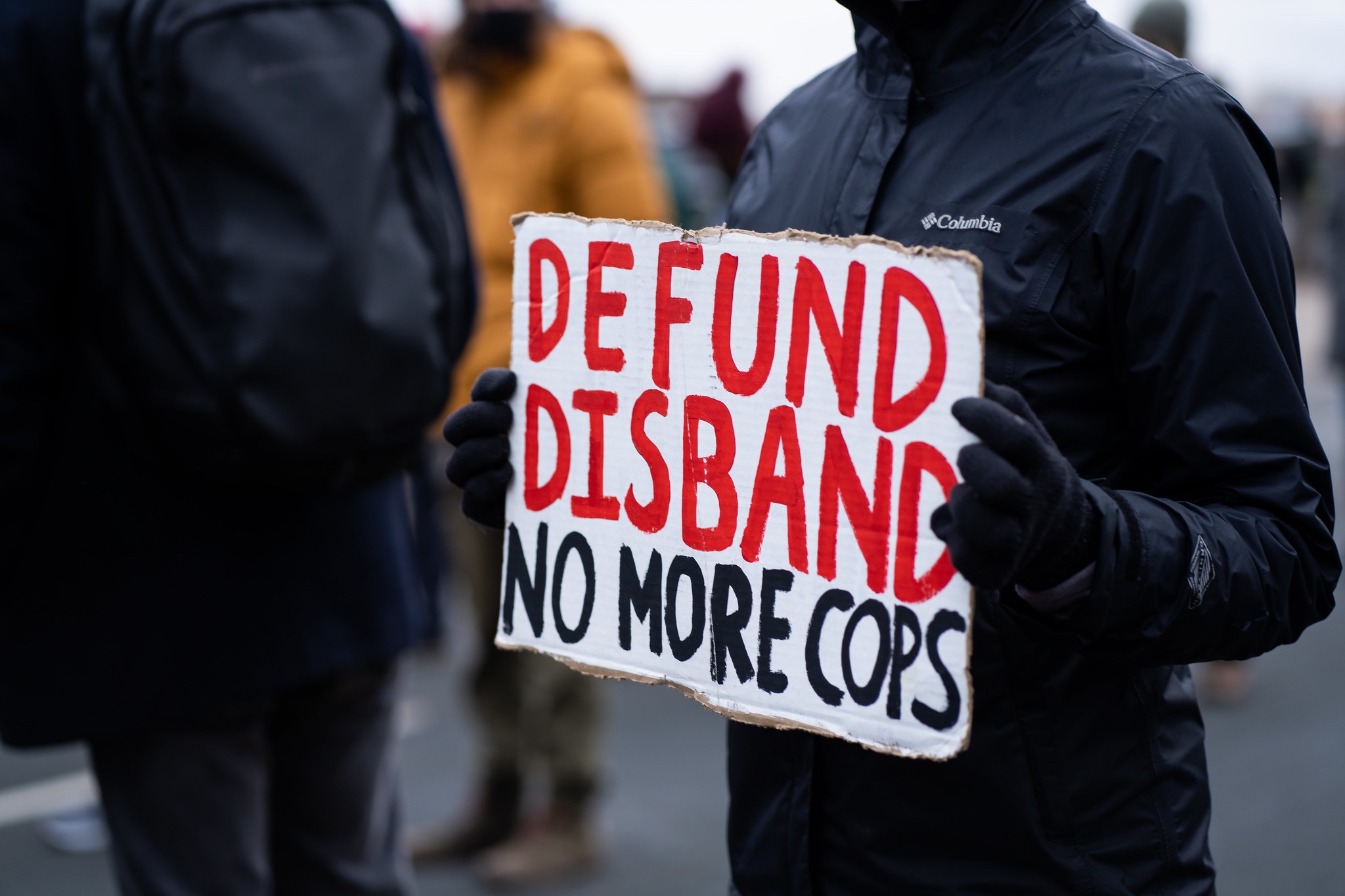Criminal justice reform and defunding police seem to have lost widespread appeal overnight. Why?

A major report about police misconduct was just released detailing troubling incidents ranging from lying about criminal suspects to planting evidence and worse.
If a report about police misconduct is released, and no one cares, does it make a sound?
In growing bewilderment, progressives who have been pushing for police reform over the past year and a half are noticing that the steam has utterly gone from their sails recently. Politicians and political candidates who were open to the subject are fleeing from them, as are many former supporters.
A serious reformation of U.S. policing practices and the criminal justice system was suddenly mainstream in 2020. In 2021, it’s back on the fringe.
What happened?
The nation was ready to talk about all kinds of things with regards to criminal justice system reform in 2020, even long before that. A Republican President, with a mostly Republican Congress, managed to pass the first meaningful criminal justice reform effort in over a decade in 2018.
That they did so while President Donald Trump admitted, in a White House first, that sentencing in the U.S. legal system is racially biased against Black Americans was a real watershed moment.
What should have been a major victory for criminal justice reformers and fueled momentum towards a Second Step Act, however, was largely ignored by a mainstream press unwilling to give Donald Trump a victory before the mid-term elections.
In 2020, after George Floyd was killed, people were finally ready to address the militarization of the police, a frightening problem which has been rearing its ugly head since U.S. war efforts left us at odds over 10 years ago: Too many war weapons- blessedly- not enough wars.
This unneeded military equipment went to your friendly local police department, because after all, what honest domestic police force doesn’tneed a tank to serve and protect citizens at a Friday night high school football game?
In 2020, people were ready to talk about racially-biased sentencing, changes in drug policies and civil asset forfeiture, an end to qualified immunity and a myriad of other progressive policy proposals they didn’t care one whit about in 2019.
Now, the thrill is gone. The flame has died. The U.S. is shying away from police reform, criminal justice system reform, even prison system reform.
It’s no secret why.
Crime.
The FBI recently announced homicide went up 30% last year.
If activists and criminal justice system reformers really want to abolish the police, there is only one way to do it and it isn’t closing police departments, destroying officer moral and recruiting, or diverting police funds.
Police can only be dispensed with in our society when we don’t need them anymore.
They can be laid-off, reassigned, retired early- but only when they don’t serve a measurable function in decreasing crime any longer.
If police detectives, anti-gang units, murder investigators and beat cops are knocking around in the police station, complaining about having nothing whatever to do, then fire away.
If plainclothes units charged with reducing street violence are sitting around on their hands, playing computer games and planning their next policeman’s BBQ, throw the bums out. At that point, they’d probably be thrilled to go. Nothing to do, after all. They became cops to catch criminals, not plan office potlucks.
Getting rid of cops while you still need cops was bound to make neighborhoods and communities more unsafe.
The reason is simple.
Should you find yourself on a sinking ship out in the middle of the ocean, any maritime rescuer will tell you the same thing: Stay on that ship as long as it is safety possible to do so. Even if you have a life raft, especially if you have a life raft, an Old Salt will tell you, you’re only supposed to ever step up into it.
Once your boat goes down so much that you have to step up to climb into your life raft, that’s when you go for it; then and only then. Afterwards, you should stay with your boat, even if it has capsized, as long as possible.
There is a good reason for this; boats are big, easier to spot in a search and rescue effort. Boats are often outfitted with GPS trackers and are submitting location information. Life rafts are tiny, difficult to spot from the air or sea. Nor are they likely to boast GPS.
If you want to live, as counter-intuitive as it might seem, stay on your sinking ship as long as possible. Land-lubbing logic might try and convince you to abandon ship at once as soon as you realize it’s sinking.
That would be fine- if you were near land. But you are out in the ocean. Abandoning a boat while it is still above water would be akin to signing your own death warrant.
As a nation, when crime gets so low that we can finally abandon our traditional policing boat for a social services life raft, stepping up into policies that actually prevent crime by getting at the issues driving crime in America, we have to go for it. But even then, completely abandoning traditional crime fighting tools will be a risky bet.
For criminal justice reform and meaningful changes in policing which don’t hurt vulnerable neighborhoods and communities by inundating them with crime, we need a both/and approach, rather than an either/or.
We need better social services, true; but we also still need policing. The sooner progressives advocating for defunding realize this, the better for criminal justice reform efforts, short term and long term.
(contributing writer, Brooke Bell)